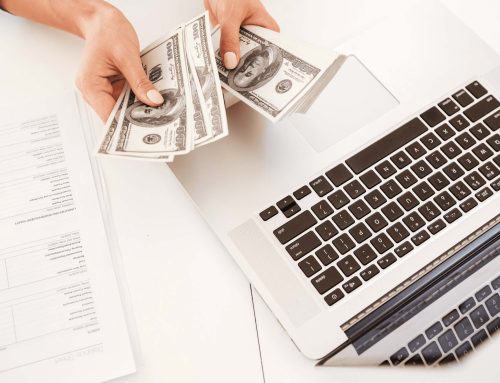If you’re thinking about buying your first home, it’s likely you’ve heard at least something about “closing costs.” If you decide to move forward on a home purchase and aren’t familiar with the term, you will be in the near future. Because closing costs can be a bit difficult to understand, they are among the commonly searched mortgage terms. In a nutshell, closing costs are processing fees you pay your lender in exchange for creating your loan. Among the expenses you usually pay at closing are appraisal fees, your mortgage application fee, property taxes and your new homeowners insurance premium. As for how much exactly you’ll have to pay in closing fees, it’s impossible to know right this moment.
That’s because the amount you will pay is largely influenced by the size of your loan. The heftier the loan, the more you’ll likely have to shell out at closing. If the loan is relatively small, you’ll almost certainly owe a lot less. In most cases, closing costs equal no more than 6% of your loan principal balance. And they can be as low as around 3%. Just a few days before your closing, your lender will send you a document known as a closing disclosure. It will contain a breakdown of all your closing fees and how much you owe. Having this in hand, you can prepare accordingly. Up next are five frequently asked questions about closing costs.
1) Do I have to pay all my closing costs?
This is a simple question, but there’s no simple answer. In most situations, you do. But in some situations you don’t. For example, sometimes a seller will agree to cover some or all the closing costs. If the seller really loves your offer and feels comfortable with you as a buyer, they might just agree to shoulder this expense. Another option is taking any lender credits you get from your mortgage company and applying them to your closing costs. Yet another way to reduce or eliminate your closing costs is to pay them with gift money or a grant from a relative, friend, or agency.
2) Can I roll my closing costs into my loan?
Yes, in certain cases. Some mortgage lenders offer what they commonly refer to as “no-closing cost” loans. So rather than paying the closing costs up front at closing, you pay them a little over time, plus interest. Just keep in mind that you won’t be paying as much toward your principal loan balance each month. This is because a portion of your monthly payments will go toward your deferred closing costs.
3) Can I pay my closing costs with a credit card?
Usually, but it’s not preferred. Lenders would rather you use a type of payment where they can feel more confident you have money in the bank to back it up. Credit card companies are also known to sometimes block unusual charges that don’t seem to support your spending habits. This being said, if you have the assets to cover the amount you put on the card, you should be OK to use credit. However, the preferred form of payment is with a cashier’s check, certified funds or a wire transfer.
4) Do VA loans cover closing costs?
Yes, some but not all of them. You’ll have to dig into your wallet to pay the fees associated with your appraisal, credit report, title insurance, origination fees, recording and survey or abstract charges. There’s also a VA funding fee, but this can be rolled into your loan. However, as a veteran, you won’t have to pay closing costs for loan processing, loan underwriting, document prep, escrow, settlement and various other things. Ultimately, you could save up to a couple thousand dollars in closing expenses with a VA loan.
5) Does earnest money go toward closing costs?
Yes, it does. Earnest money is held in escrow until the day of your closing. It then gets subtracted from your closing fees. Depending on how much you’ve paid in earnest money (sometimes as little as $500), it may not cover all your closing charges, but it will help.








